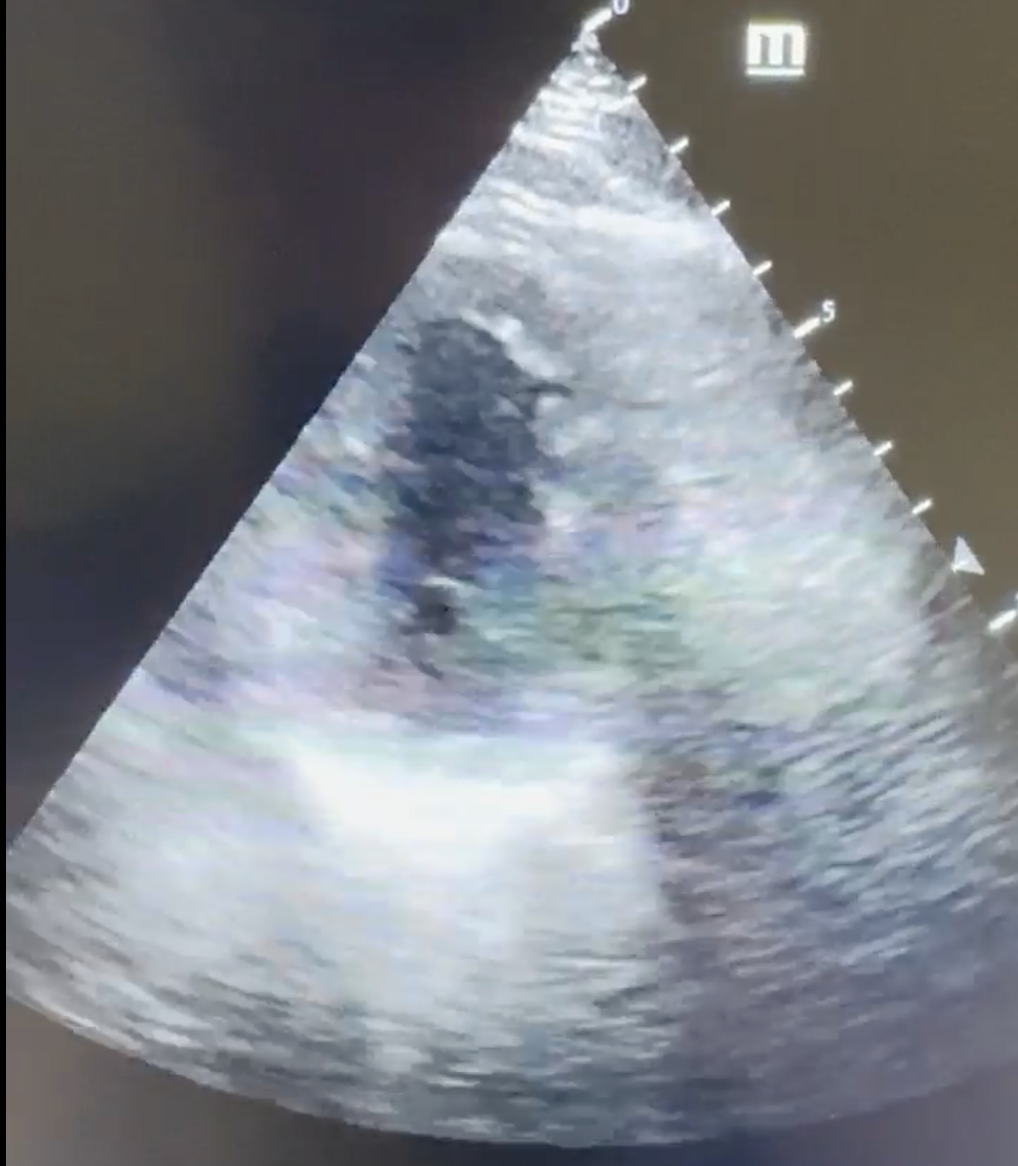A 38-year-old male presents to a community hospital emergency department at 3 a.m. and a rapid response is called to the front of the hospital. You respond, and the patient is alert but diaphoretic, weak, and displaying Levine’s sign (a fist clenched over his chest). His wife states that the chest pain started about 30 min prior to arrival. The patient is brought to your resuscitation bay, and his vital signs are as follows: BP 145/98, HR 99, RR 18, O2 93%. You ask for an EKG when then tech informs you that both of the EKG machines in the ED are broken, and we currently have no way of obtaining a tracing. What do you do in this scenario?
Michael Hohl MD, David Murray MD, and Ari Edelheit MD
Read More


